data-animation-override>
“It seems pretty simple, but I think, in the long term, what matters most is the quality of your pedagogy. ”
Pierre Dubuc, co-founder and CEO of OpenClassrooms, talked with the Observatory about the features that make the OpenClassrooms platform unique and the future of online education.
Read the full transcript
The Observatory: What is the difference between an OpenClassrooms and MOOC?
Dubuc: I would say that MOOCs are part of OpenClassrooms. It is a small module, a small component of OpenClassrooms. But, what OpenClassrooms is trying to achieve? Is to build the fully online student experience. When you go to college on campus, you have access to lectures -that is the equivalent of a MOOC-, but also to teachers, to a degree, to a campus with facilities, to a network of alumni, all the students, and all that. So it’s not just about the lectures, the MOOC, but also about the full student experience, leading to a degree and a job. What we offer on OpenClassrooms is programs, degree programs, with projects, courses, MOOC, indeed, but not only projects, teams, mentorship, leading to a degree, and then a job with carrier services.
The Observatory: What are the advantages of applying OpenClassrooms to Latin American students?
Dubuc: I think we try to make OpenClassrooms as accessible as we can. Financially, courses are free, and when it comes to degree programs, it is actually 10-20 times cheaper than a traditional college education. But, also, in terms of pedagogy, it has to be very inclusive in the way we teach, so you can learn how to code, or you can learn how to become a data scientist or digital marketing entrepreneurship even if you don’t know anything about it. And we are pretty well known for our pedagogy and the way that students understand what we teach. It seems pretty simple, but I think, in the long term, what matters most is the quality of your pedagogy.
The Observatory: What is the role of a teacher in OpenClassrooms?
Dubuc: We’ve got two kinds of teachers, teachers and mentors. Teachers are faculties, the ones designing the curriculum, the one in front of the cameras, recording videos on the MOOC, writing down the text content, designing assessment, projects, and the entire curriculum leading to degrees. Teachers are the pedagogy called designers. Then there are mentors, and mentors are another kind of teaching personnel. Mentors are here to coach individually students. Some of our courses have hundreds of thousands of students, one course. So maybe only one teacher designed it, but that teacher could not mentor thousands of students, right? So, we need to have a network of mentors behind even one course, to make sure that we can provide individual mentorship to every individual. So you have teachers designing the curriculum, and then mentors coaching, individually, students on a weekly basis to cover all.
The Observatory: How many students does each mentor coach?
Dubuc: Usually, they are professionals, they coach roughly six to seven students, each, and every student will have roughly an hour of mentorship, every week. It is not a full-time job per se, because they are usually professionals, they have a full-time job next to it, and we want to make sure that they have actually a full-time job in that field, to make sure they still have the skills to be able to mentor and coach somebody else.
The Observatory: What would be the jobs of the future? And how are you training the next generations?
Dubuc: Wow, tough question. It really depends if you look over the 5 next years or the more like 15 next years. Five next years, probably computer science, coding, data science, VR/AR, any digital skills, per se, will be important. I think in every job position, you need to have what we call the basic digital literacy and probably also to learn the basics of coding, for instance. I would advise that. In the long term, I think it is more about soft skills, to learn how to learn the methodology. To be efficient in the way you learn, to learn in a lifelong way, to learn every week, to have the methodology to make sure that you’re going to upskill whenever you need to upskill and not just go to college and then don’t learn anything anymore, between the age of 24 until the end of your career. You need to learn every week, every month, and we need to teach you how to learn. And even if you never went to college, we need you to reskill you and to learn how to learn and other soft skills like collaboration, working in a team, critical thinking, entrepreneurship. I think those skills will be very important in the next 10 or 20 years.
The Observatory: What will higher education look like in the year 2049?
Dubuc: In 2049, I think higher education will definitely be extremely close to vocational training. So vocational training providers will somewhat become higher education institution, and the higher education institution would become vocational training providers, though, I think, the lifelong learning market will be only one. And I think it’s getting more global. I think it is going to be tough, in the next 20, 30 years, for very small, local colleges that are generalists, right now. So if you are a local tier 2 or tier 3 university, I would say that you need to go up the ladder. So that means go tier 1 or find new niche, your key expertise, your area of differentiation, and stay in that because I think local generalists won’t make it in the next 20 or 30 years, as tier 1 universities will be able to teach many students globally for lower cost and higher quality.
I think education will be more global, it will be more massive. We’ll have universities with millions of students and not just taking a MOOC, but really enroll in degree programs, so you’ll see more of that, the global education, lifelong learning, and tighter links and connections with employers and the industry leaders.
This article from Observatory of the Institute for the Future of Education may be shared under the terms of the license CC BY-NC-SA 4.0 
)
)
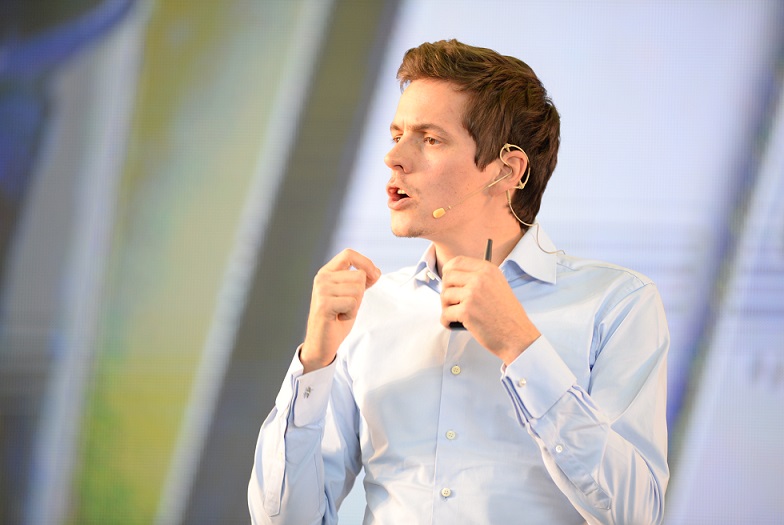
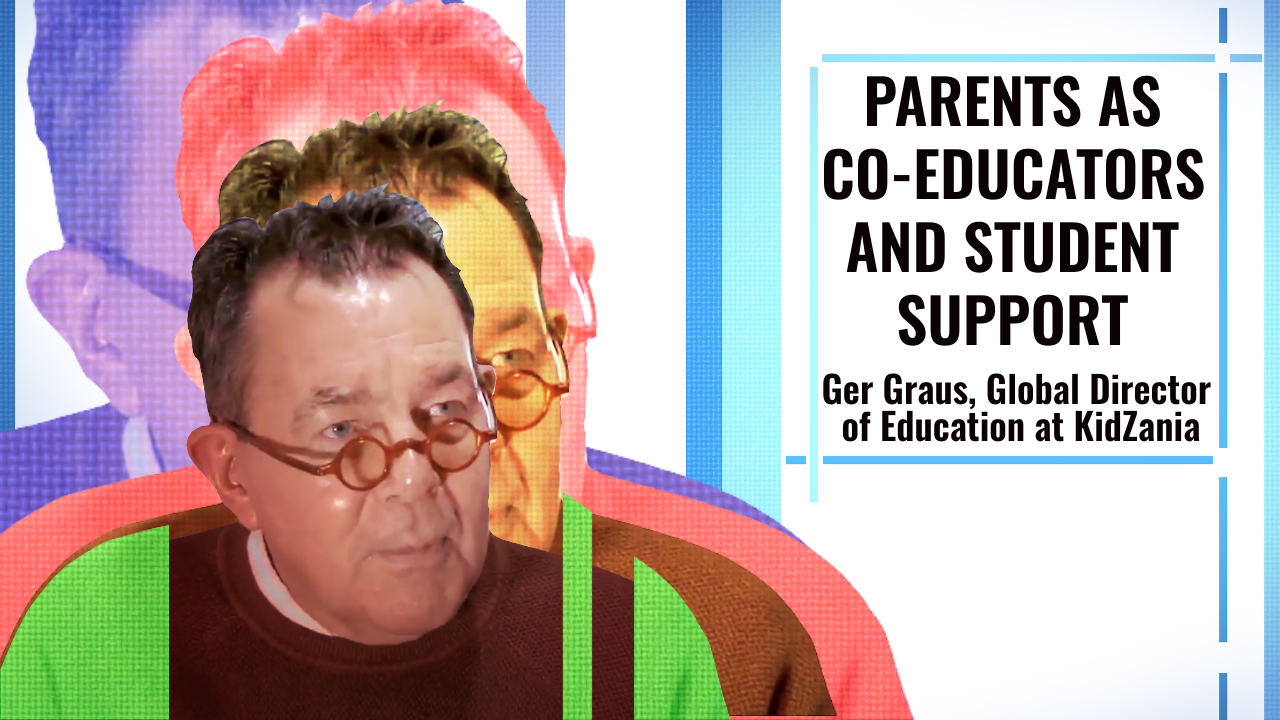

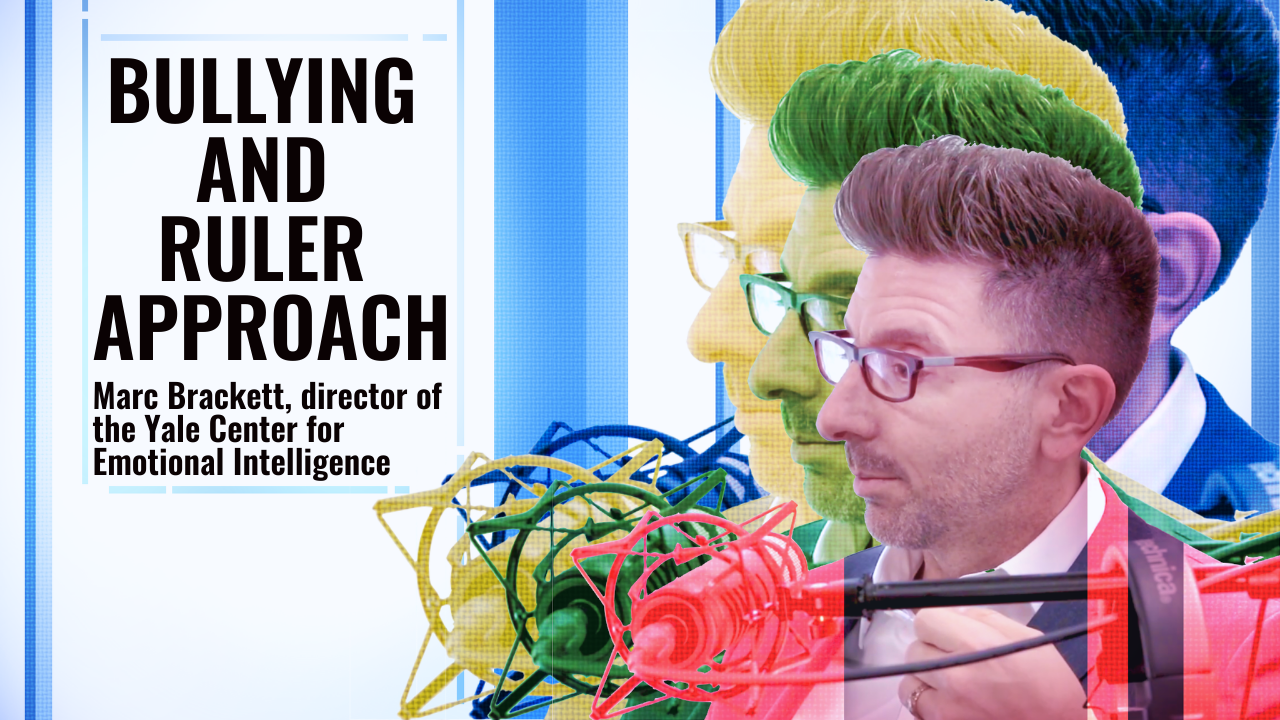
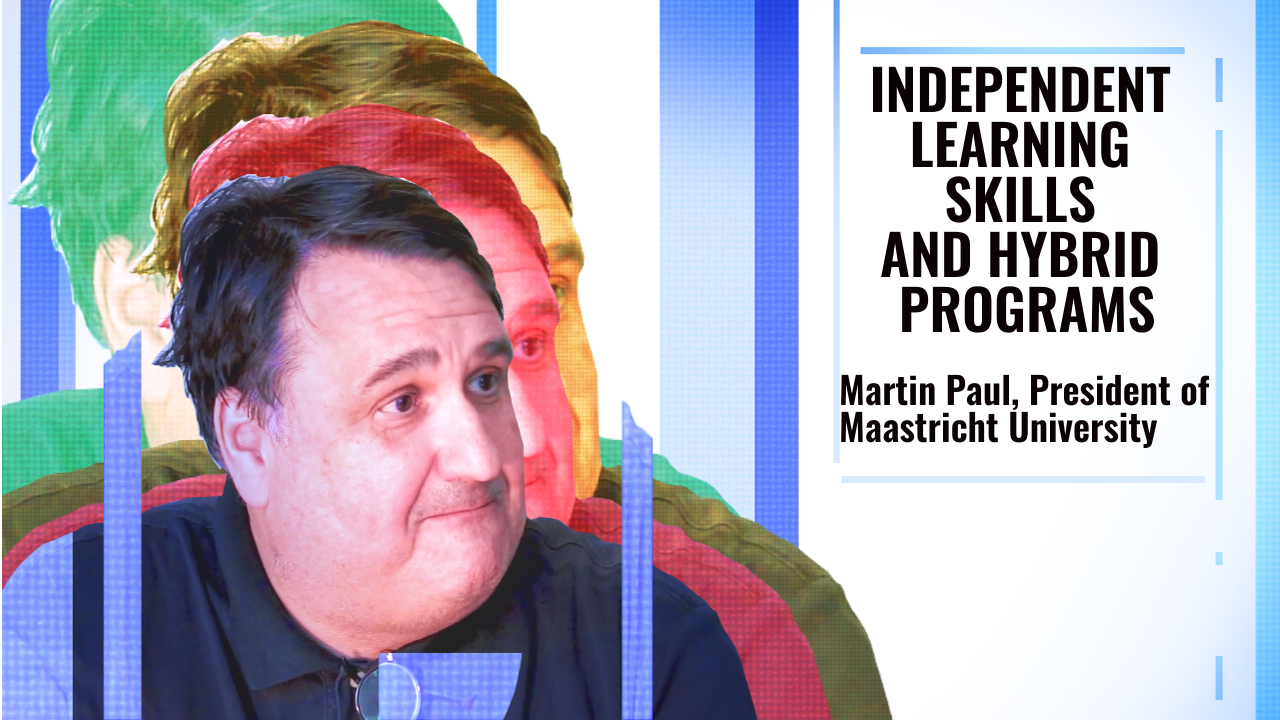
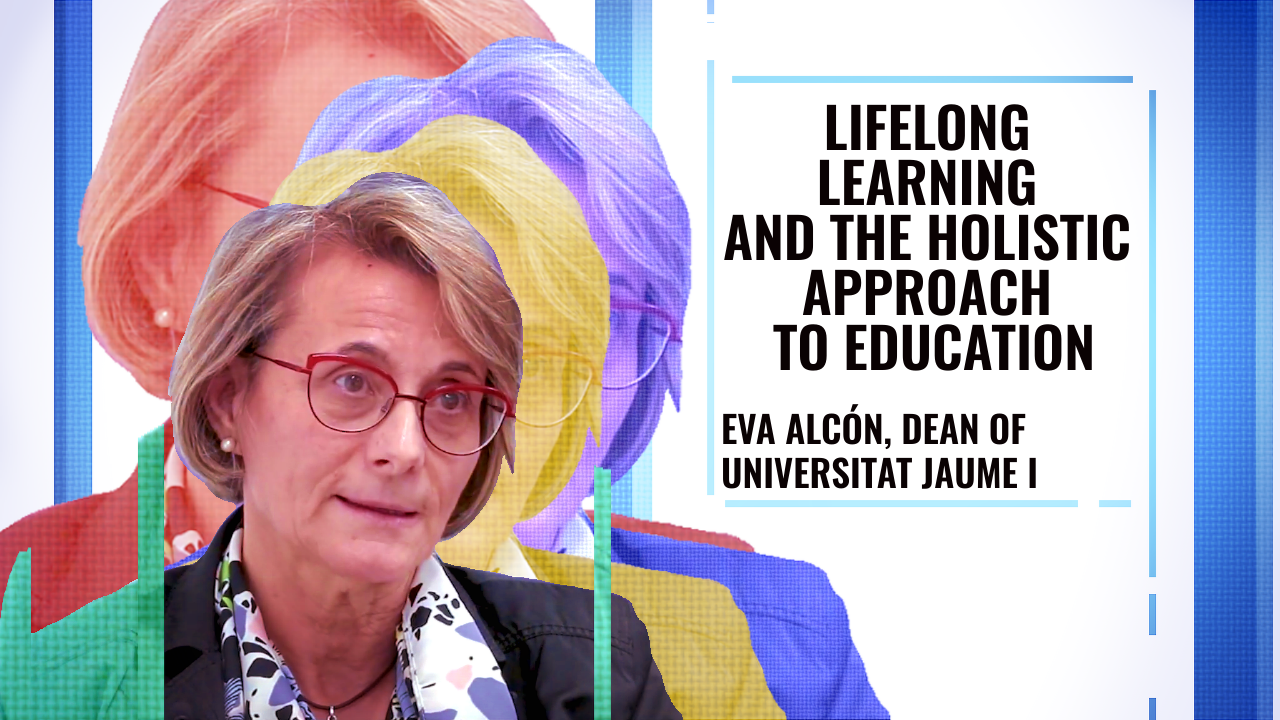
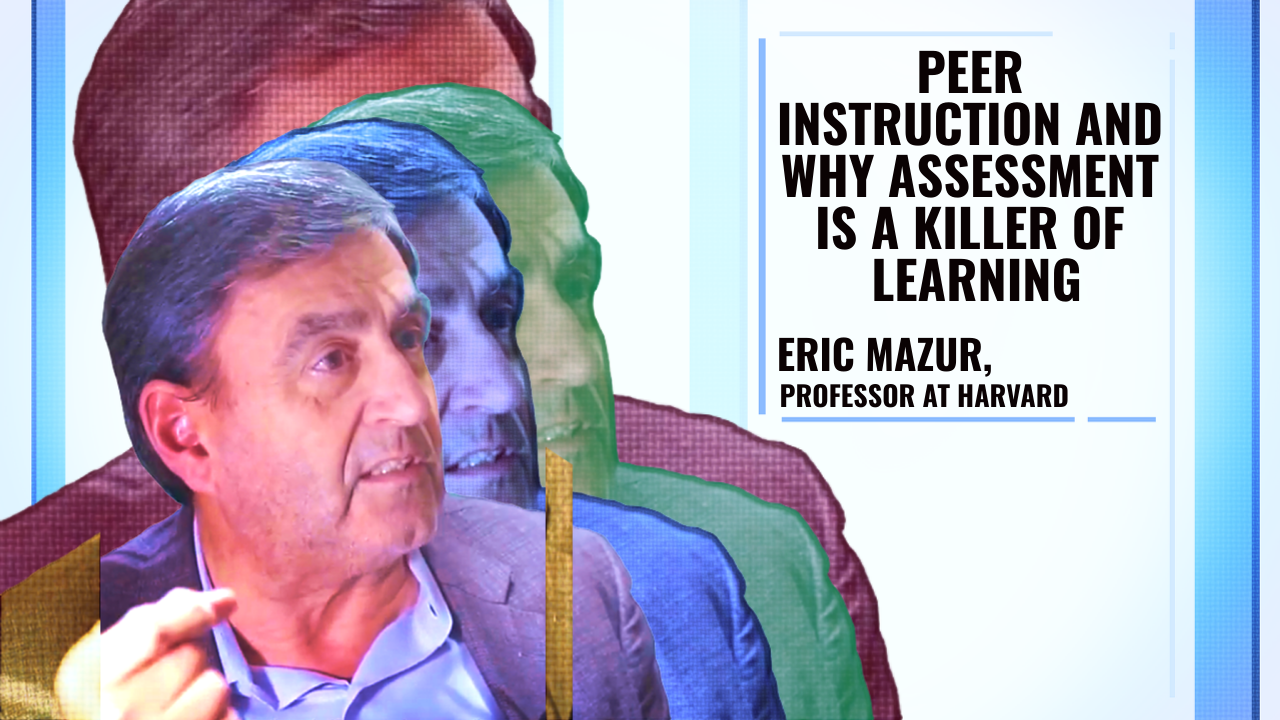
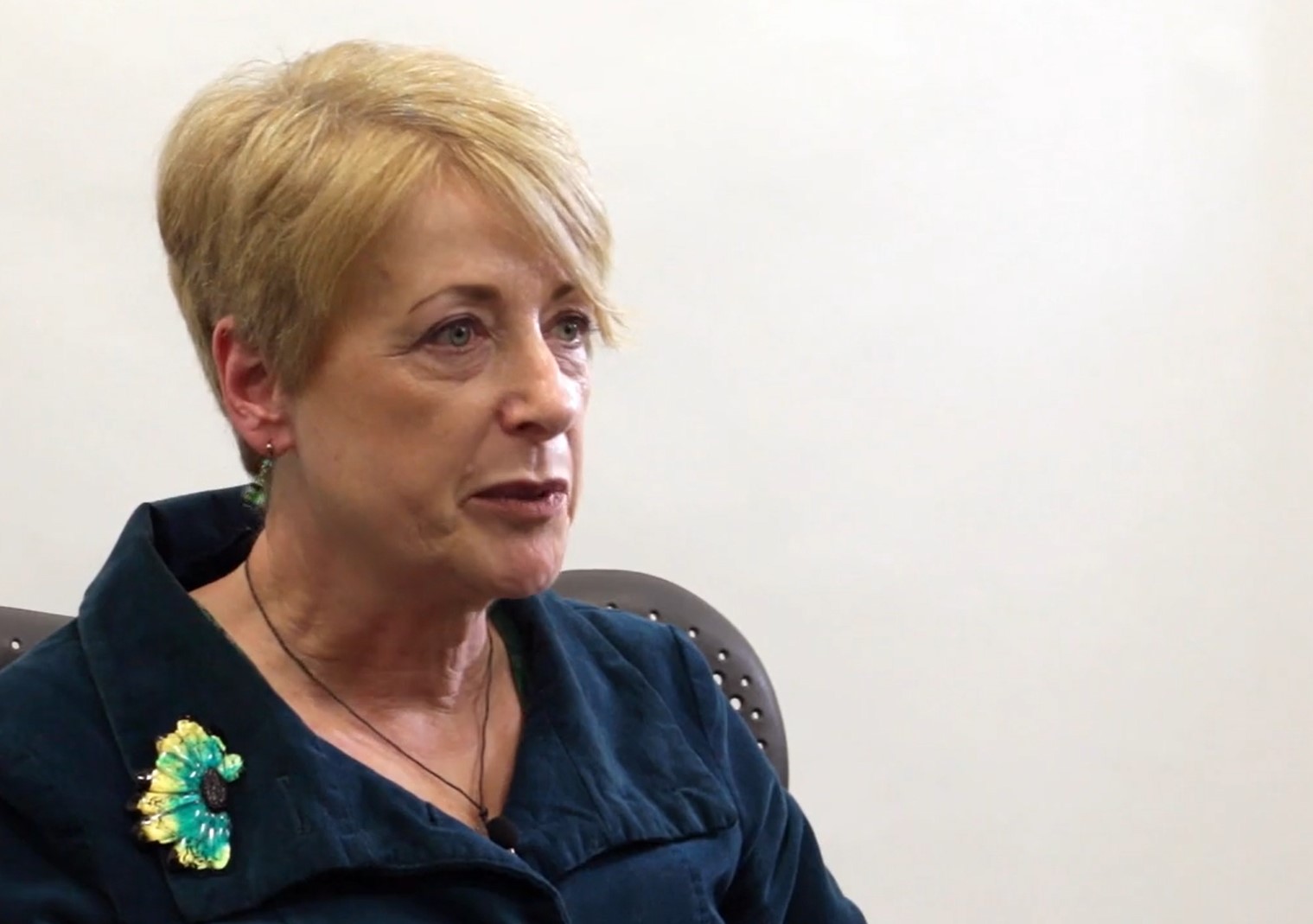

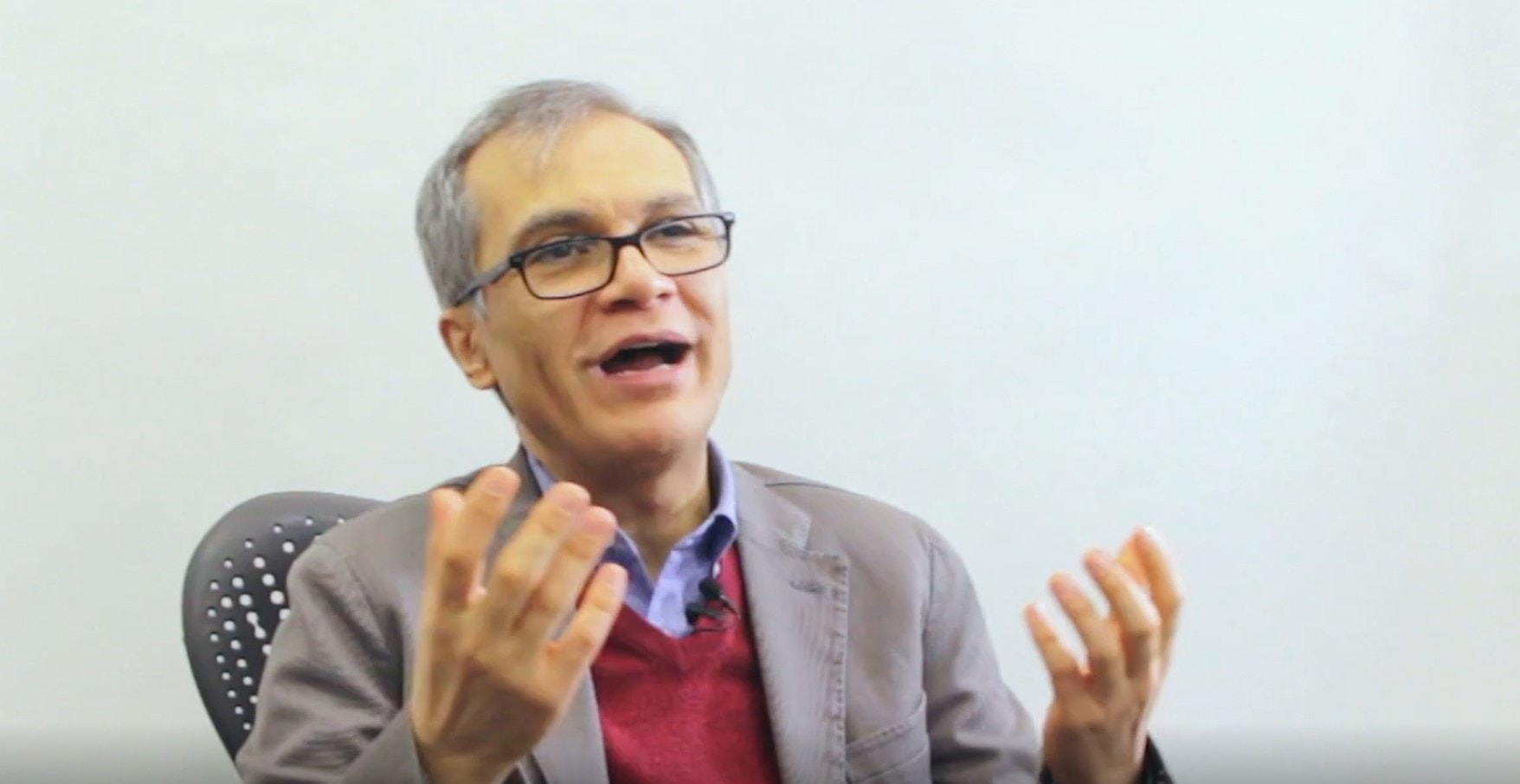
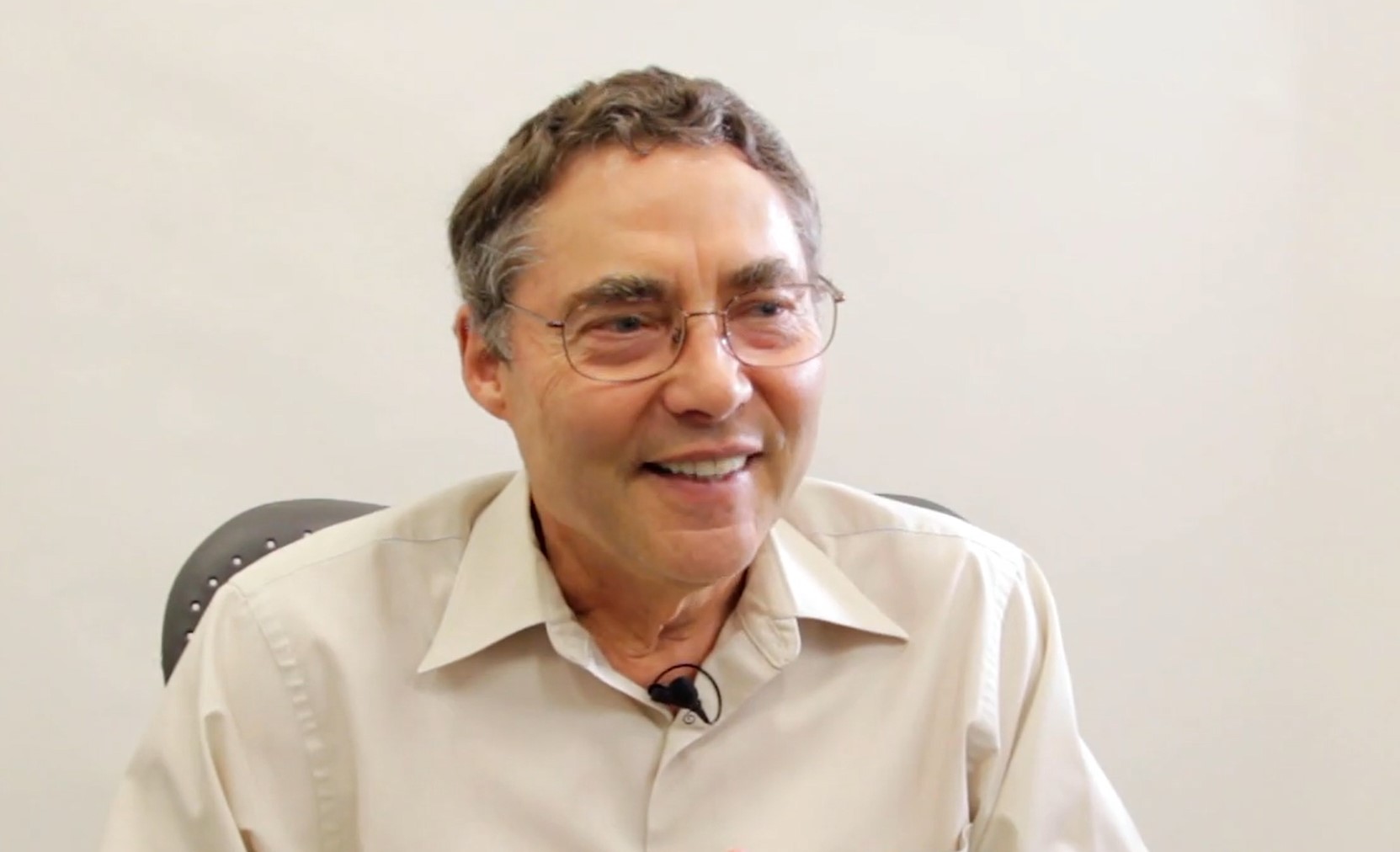
)